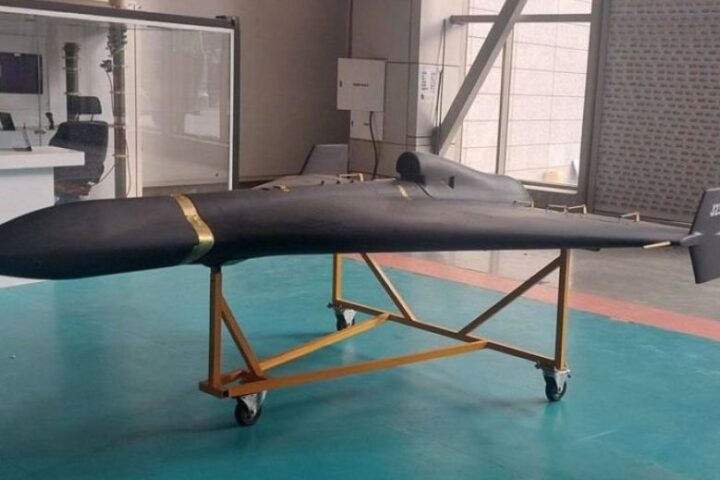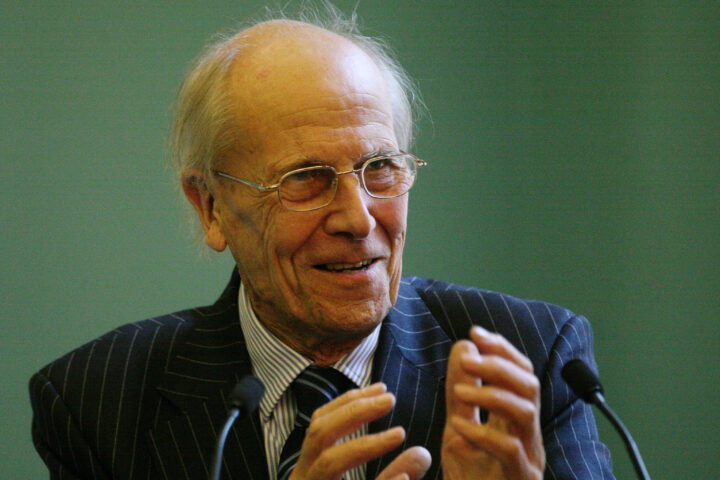Russia is confronting a severe electricity shortage totaling 25 gigawatts, Energy Minister Sergey Tsivilev told Expert on October 1. Current demand is being met with a two- to three-year delay, placing extra stress on aging thermal power plants (TPPs) and state regional power stations (GRES).
Aging infrastructure and sanctions hinder capacity upgrades
Tsivilev cited outdated equipment, depleted resources, and the lack of imported components due to sanctions as key factors limiting production. The absence of long-term transparent investment programs and centralized project financing under state guarantees further restricts capacity expansion. Conservative pricing policies and the lack of legislative tools to manage peak demand exacerbate the shortfall.
Regional impact and peak consumption measures
In 76 regions, differentiated generation tariffs range from 3,900 to over 6,000 ₽/MWh, highlighting the urgency for new capacity. Forty-two regions have imposed maximum consumption limits during peak hours, utilizing discounted rates and voluntary demand reduction programs to temporarily balance loads. Central regions face deficits of 0.2–0.5 GW, while northern, Siberian, and Far Eastern systems exceed 1–2 GW per surge in industrial and household demand.
Investment losses and delayed modernization
Sanctions have eliminated over 5 GW of annual investment reserves for equipment, forcing postponements in upgrading key energy units. Meanwhile, Rosatom is constructing 39 nuclear power units abroad and only seven domestically, signing agreements for projects in countries such as Ethiopia and Burkina Faso, despite limited resources to deliver these projects at home.
System vulnerabilities and risks
Russia’s energy network shows signs of strain, even without Ukrainian attacks reaching peak levels. Aging thermal plants and GRES equipment cannot be modernized without imports, while logistical and financial obstacles remain. Experts warn that unless priorities shift and emergency mobilization occurs, the country could face a mid-term energy collapse.
Calls for domestic capacity focus
The deficit underscores the need for immediate investment in Siberian and Far Eastern power stations, rather than overseas projects. Without reinforcing domestic generation, regional blackouts are likely, raising questions about the long-term energy strategy amid ongoing geopolitical and economic pressures.
International and strategic implications
The crisis reflects systemic vulnerabilities amplified by sanctions, war, and strategic misallocation of resources. Energy shortages highlight the risks of pursuing ambitious foreign projects while neglecting domestic infrastructure, with potential consequences for national stability and industrial output.














